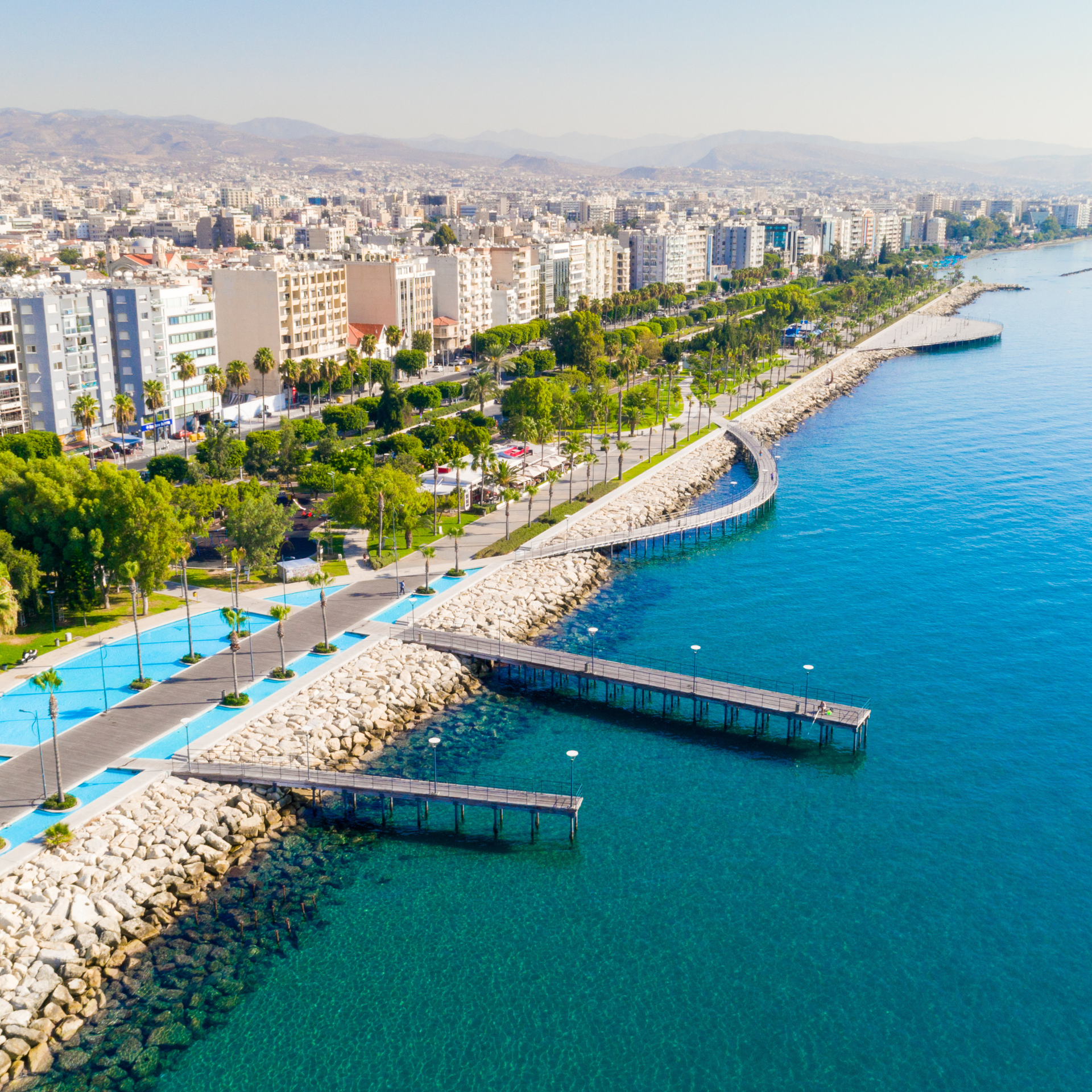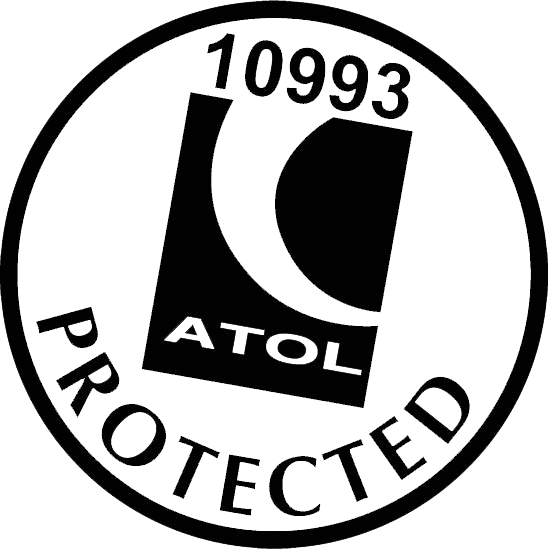Cyprus Holidays
Where Ancient Myth Meets Sun-Kissed Beaches and Timeless Hospitality
Cyprus, an island nation in the Eastern Mediterranean, is known for its rich history, beautiful beaches, and cultural diversity. Cyprus offers a mix of ancient history, stunning natural landscapes, and vibrant cultural experiences, making it a captivating destination for travelers. Here's an overview of Cyprus, including its major cities, regions, attractions, cultural and natural highlights, festivals, and travel tips:
Major Cities
Nicosia (Lefkosia): The capital city, known for its historic old town, Venetian walls, and the Cyprus Museum. Nicosia is divided by the Green Line, with the northern part controlled by Turkish Cypriots.
Limassol (Lemesos): A bustling port city famous for its lively nightlife, Limassol Castle, and the annual Carnival.
Larnaca (Larnaka): Known for its beautiful Finikoudes Beach, the Hala Sultan Tekke mosque, and the ancient Kition archaeological site.
Paphos (Pafos): A UNESCO World Heritage site with ancient ruins, including the Tombs of the Kings and the Paphos Archaeological Park.
Famagusta (Gazimagusa): Known for its medieval walled city and the ancient city of Salamis. The northern part of Famagusta is under Turkish control.
Kyrenia (Girne): Located in the northern part of Cyprus, known for its picturesque harbor, Kyrenia Castle, and Bellapais Abbey.
Regions and Attractions
Troodos Mountains: A mountain range with charming villages, Byzantine monasteries, and the famous Kykkos Monastery. Excellent for hiking and skiing in winter.
Aphrodite's Rock (Petra tou Romiou): A legendary sea stack near Paphos, considered the birthplace of the goddess Aphrodite.
Cape Greco: A stunning coastal area with clear waters, sea caves, and hiking trails, located between Ayia Napa and Protaras.
Akamas Peninsula: A nature reserve with diverse flora and fauna, beautiful beaches like Lara Beach, and the Baths of Aphrodite.
Kourion: An ancient city-kingdom near Limassol, featuring a well-preserved Greco-Roman theatre and mosaics.
Top Places to Explore
New paragraph
Barcelona
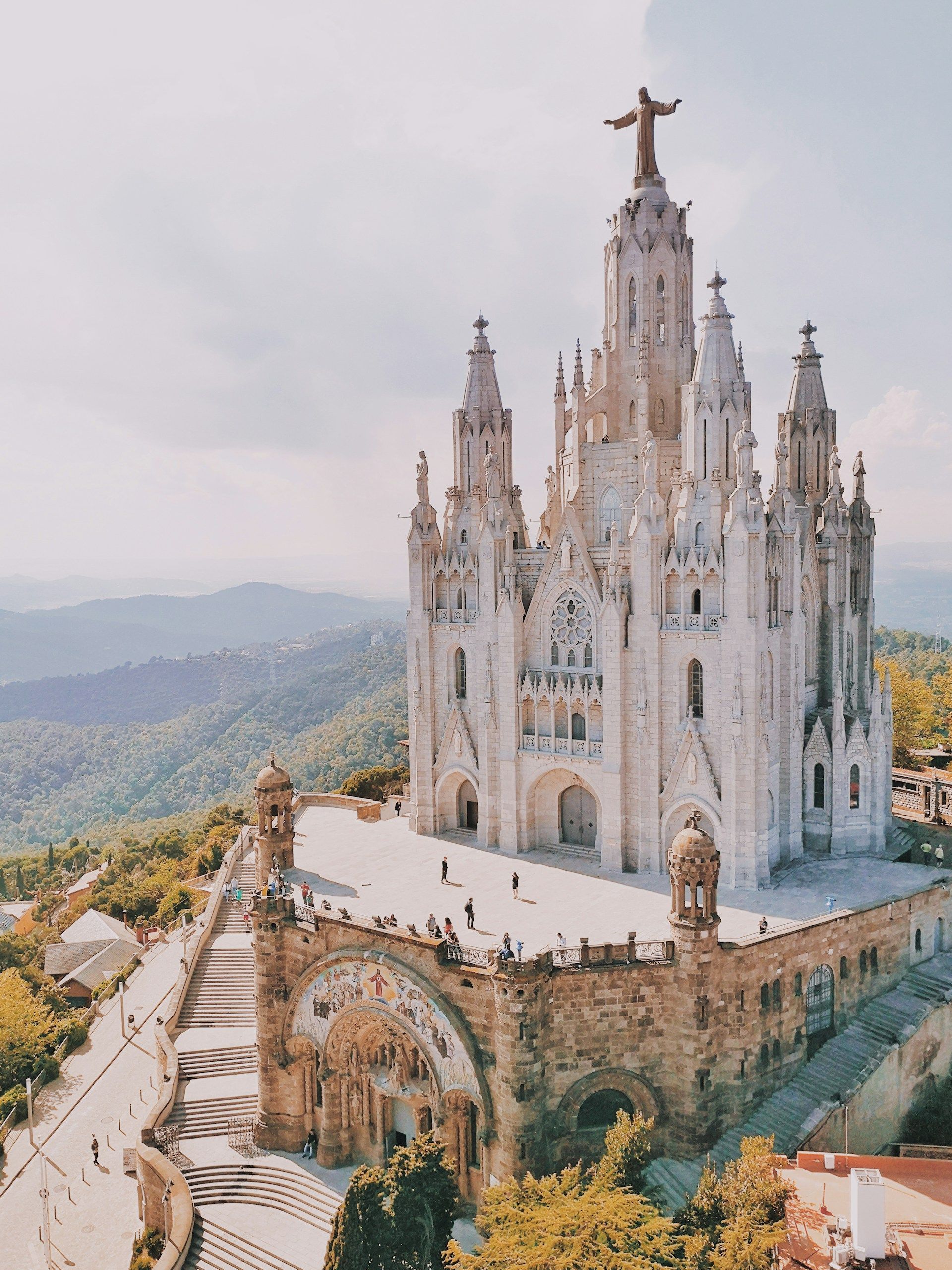
A city of architectural wonders, Barcelona is home to the whimsical creations of Antoni Gaudí, including the iconic Sagrada Família and the enchanting Park Güell.
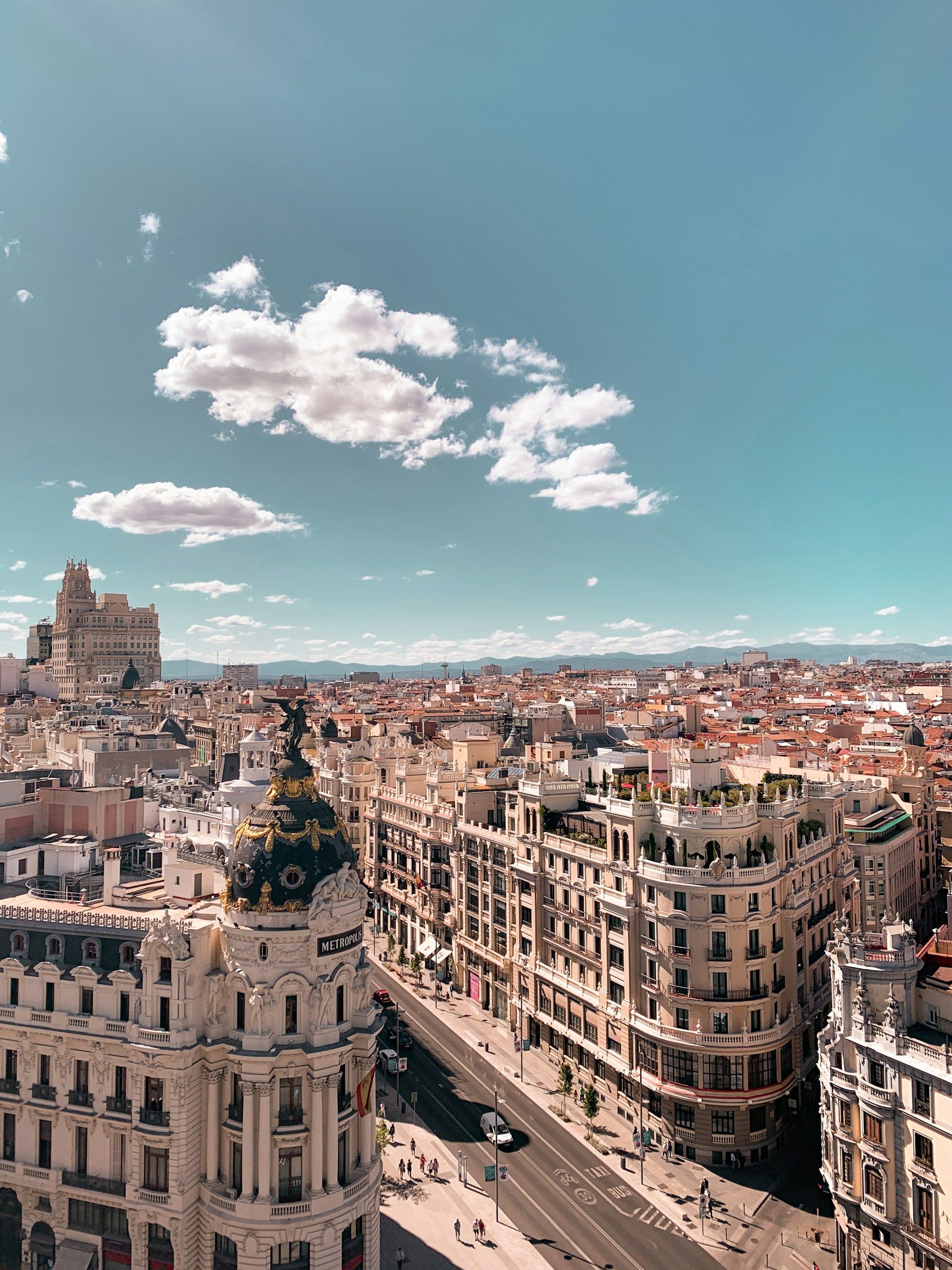
Madrid
Spain's capital offers a blend of historical sites, bustling plazas, and world-class museums like the Prado, showcasing works by Spanish masters such as Velázquez and Goya.
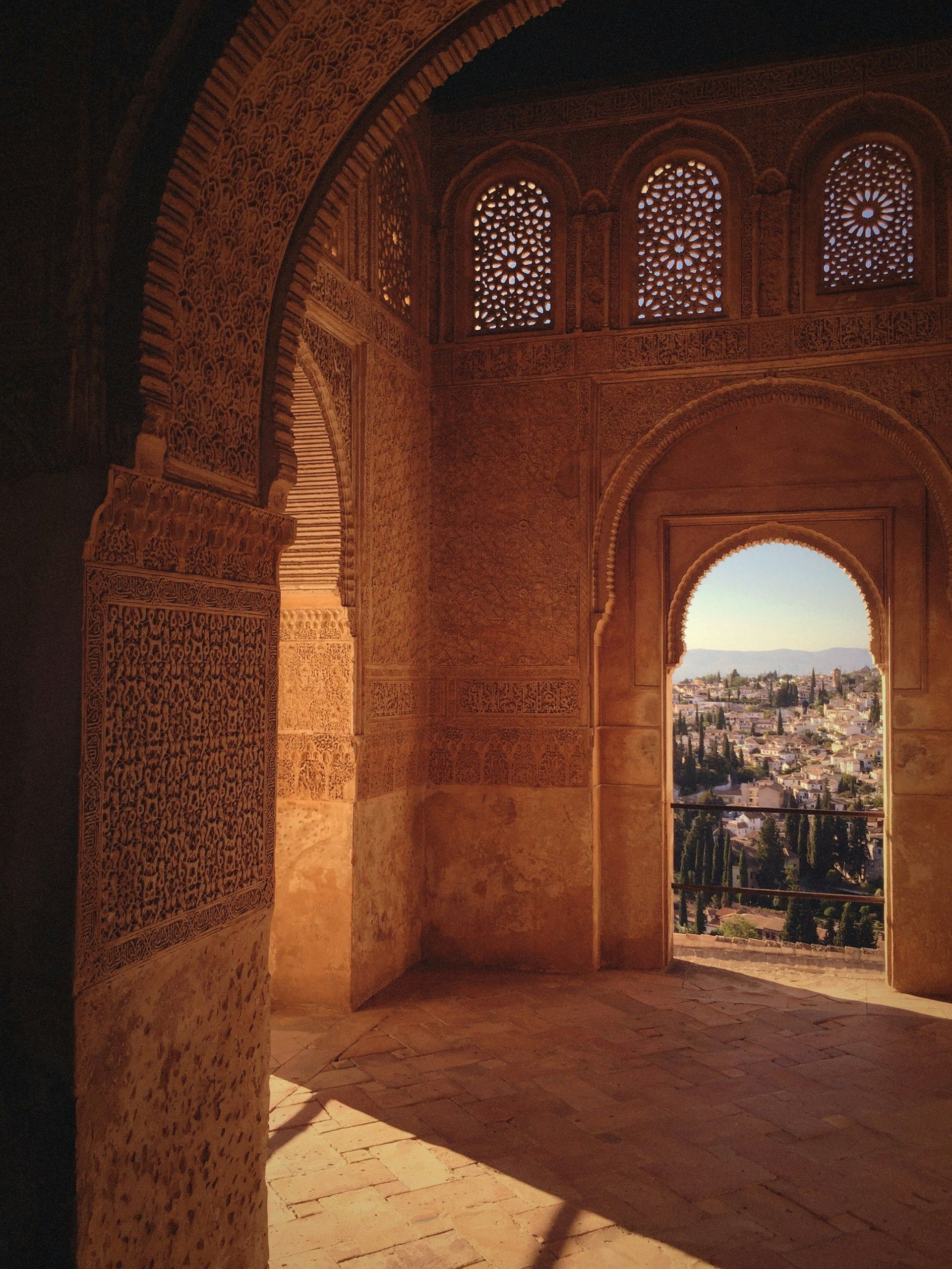
Granada
Dominated by the majestic Alhambra, a stunning Moorish palace, Granada epitomizes Andalusian history and offers a unique blend of cultures.
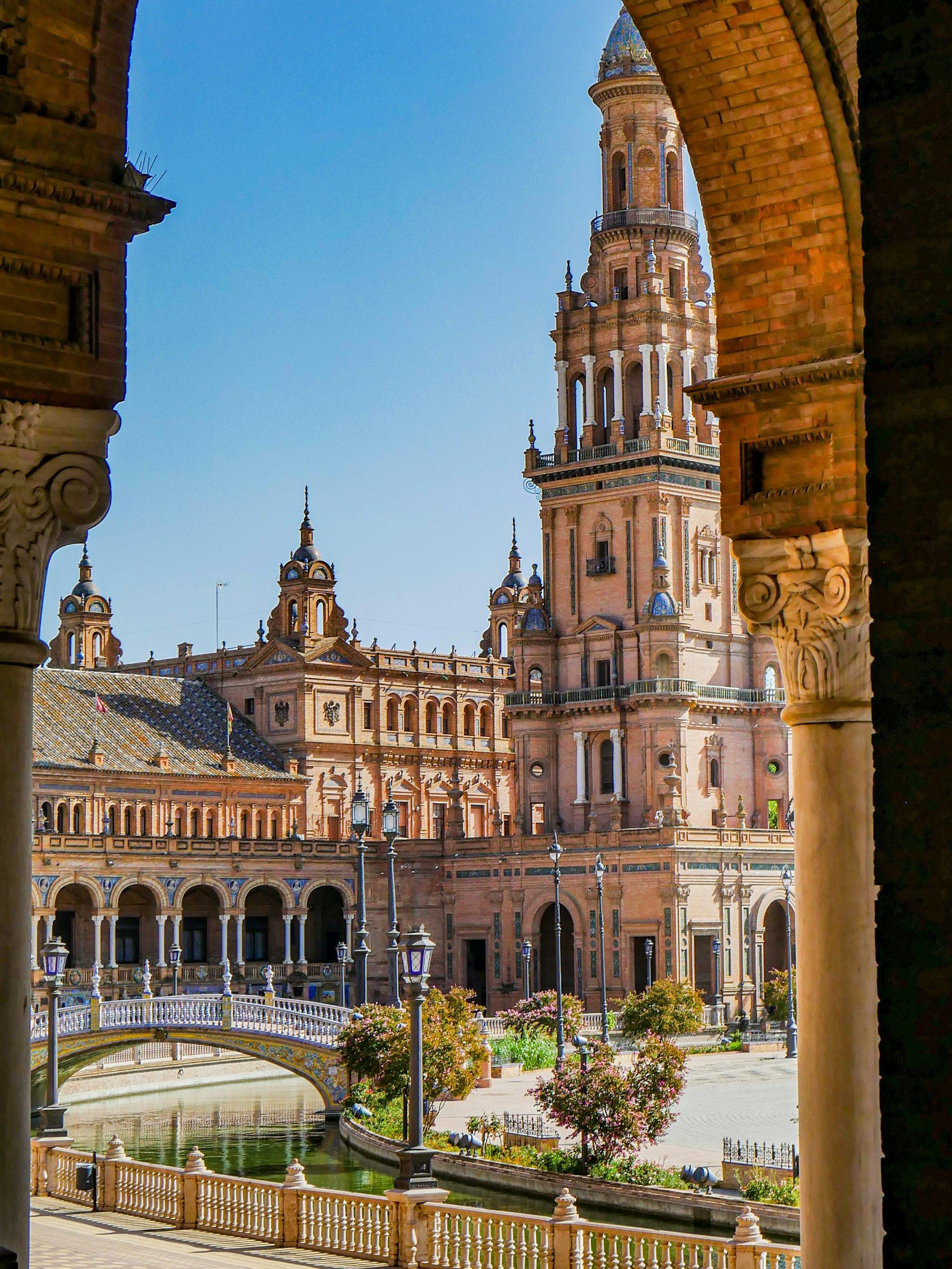
Seville
Known for its Gothic cathedral, charming old town, and vibrant flamenco scene, Seville embodies the spirit of traditional Spain.
Cultural and Natural Attractions
Paphos Archaeological Park: Home to remarkable ancient mosaics, the House of Dionysus, and other significant ruins.
Kolossi Castle: A medieval castle near Limassol, known for its role in the production of Commandaria wine.
Saint Hilarion Castle: A dramatic castle in the northern part of Cyprus, offering breathtaking views and a rich history.
Larnaca Salt Lake: A seasonal lake attracting flamingos and other bird species, located near the Hala Sultan Tekke mosque.
Nissi Beach:
A popular beach in Ayia Napa known for its crystal-clear waters and vibrant atmosphere.
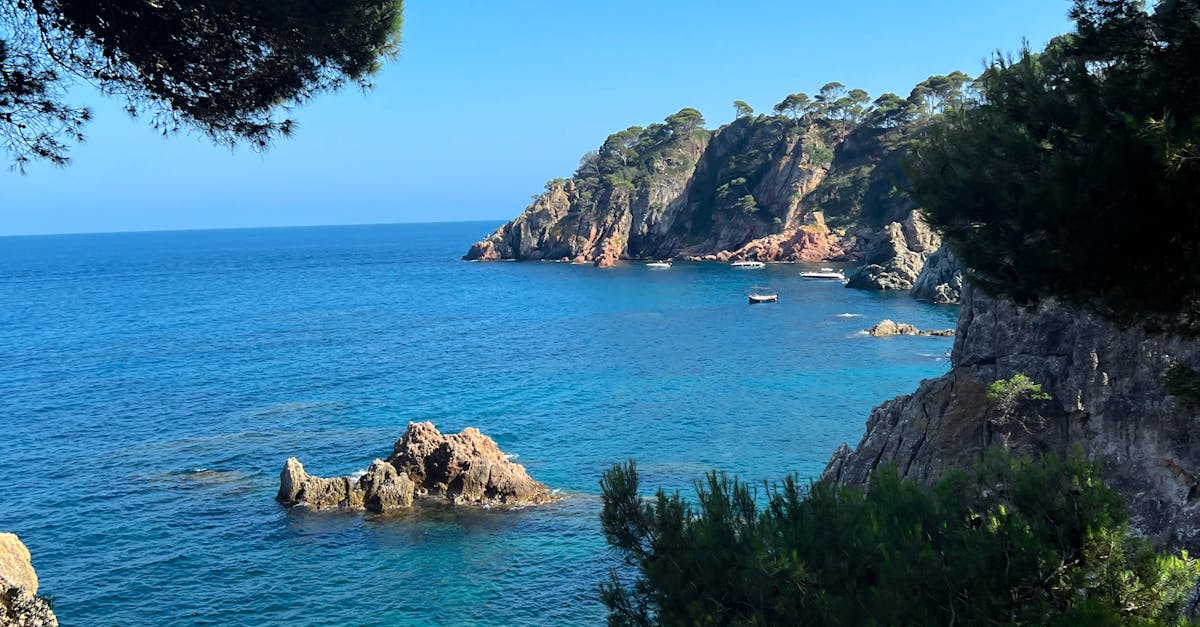
Festivals and Events
Limassol Carnival: A two-week festival before Lent featuring parades, parties, and traditional events.
Kyrenia Olive Festival: Celebrates the olive harvest with cultural performances, food stalls, and activities.
Paphos Aphrodite Festival: An annual opera festival held at the medieval castle in Paphos.
Wine Festival (Limassol): Held every September, celebrating Cyprus's wine-making tradition with tastings, music, and dancing.
Kataklysmos (Festival of the Flood): Celebrated in coastal towns with water-based games, music, and cultural events, marking the Orthodox Christian Pentecost.
Language: Greek and Turkish are the official languages, with English widely spoken, especially in tourist areas.
Currency: The Euro (EUR) is used in the Republic of Cyprus, while the Turkish Lira (TRY) is used in Northern Cyprus. Credit cards are widely accepted, but it's advisable to carry some cash.
Transportation: Cyprus has a good network of buses, and taxis are readily available. Renting a car is a convenient way to explore the island, especially the more remote areas.
Climate: Cyprus has a Mediterranean climate with hot, dry summers and mild, wet winters. The best time to visit is during the spring (April-May) and autumn (September-October) when the weather is pleasant.
Cuisine: Cypriot cuisine is a blend of Greek, Turkish, and Middle Eastern influences. Must-try dishes include halloumi cheese, souvlaki, moussaka, and meze (a selection of small dishes).
Crossing the Green Line: Visitors can cross between the Republic of Cyprus and Northern Cyprus at designated checkpoints in Nicosia, with a passport.
Cultural Etiquette: Cypriots are known for their hospitality. Dress modestly when visiting religious sites, and be respectful of local customs and traditions.

